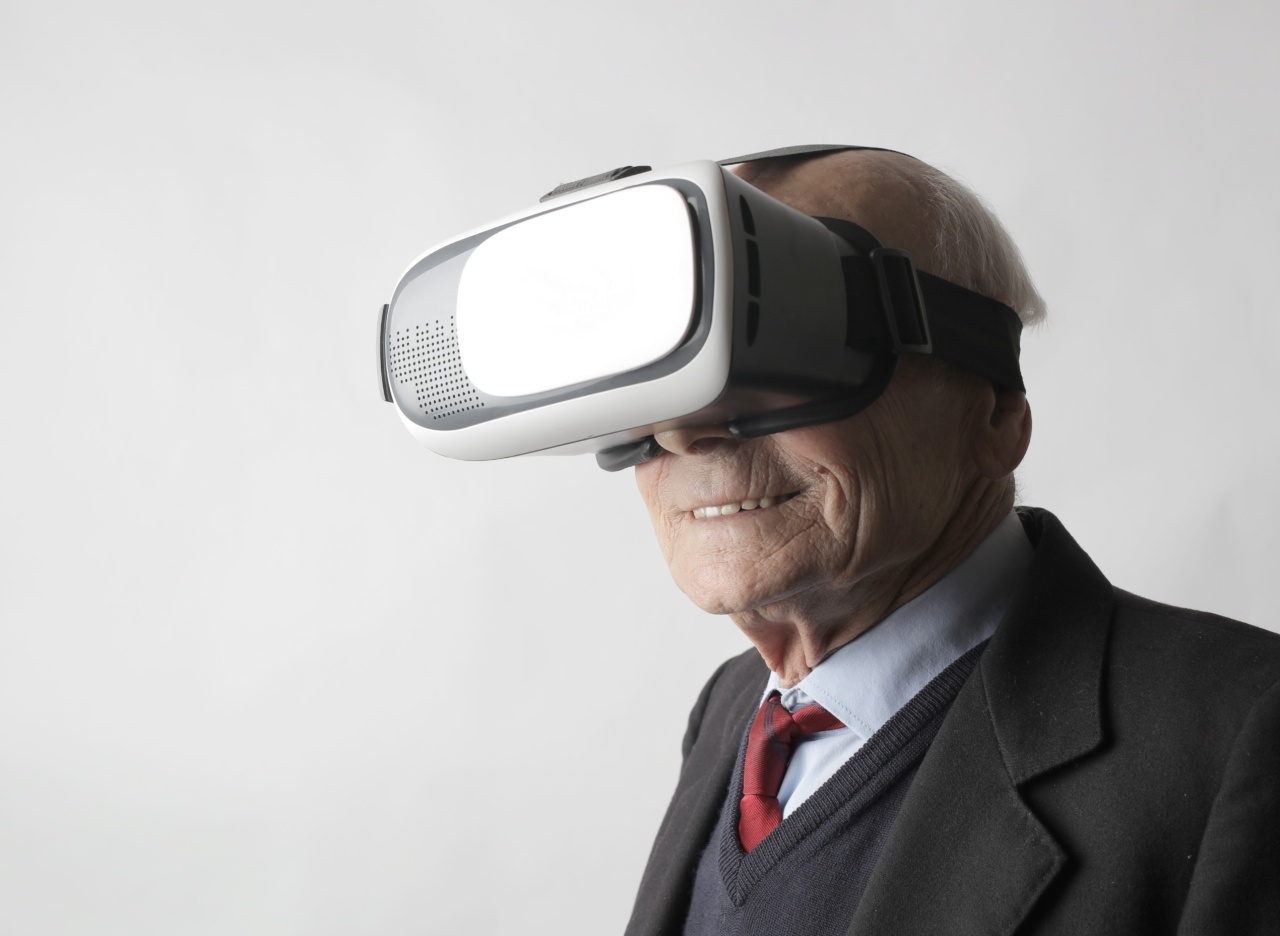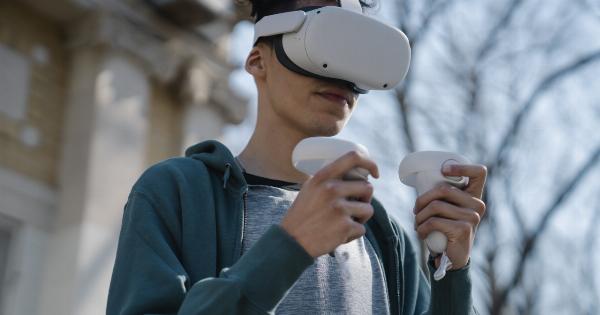Virtual reality assessment for Alzheimer’s disease is an innovative way to diagnose and monitor the progression of Alzheimer’s disease using virtual reality assessment tools.
This approach involves using virtual reality environments to test cognitive function and monitor cognitive decline in people with Alzheimer’s disease. Virtual reality assessment tools for Alzheimer’s disease have been developed to simulate real-life scenarios and evaluate cognitive function in older adults and people with cognitive impairment.
How Does Virtual Reality Assessment Work?
Virtual reality assessment tools use 3D virtual environments to simulate real-life scenarios, such as walking on a street, going to the grocery store, or visiting a doctor’s office.
The participant wears a virtual reality headset with a 360-degree view and is guided through the virtual environment by a virtual assistant or by following written instructions. The virtual assistant asks questions, gives directions, and evaluates the participant’s performance based on their responses.
The virtual reality assessment tools are designed to evaluate a range of cognitive domains, including memory, attention, executive function, visuospatial abilities, and language.
The assessments are adaptive and adjust to the participant’s performance, making the tests both challenging and engaging.
Advantages of Virtual Reality Assessment for Alzheimer’s Disease
Virtual reality assessment tools offer several advantages for the diagnosis and monitoring of Alzheimer’s disease, including:.
- Objective and reliable assessment of cognitive function
- Standardization of assessments across participants
- Ability to evaluate cognitive function in real-life scenarios
- Ability to monitor cognitive function over time
- Engaging and motivating assessment tools
- Non-invasive and safe assessment tool
Virtual Reality Assessment versus Traditional Assessments
Traditional assessments for Alzheimer’s disease, such as the Mini-Mental State Examination (MMSE) or the Montreal Cognitive Assessment (MoCA), are often paper-based tests that evaluate cognitive function in a clinical setting.
While these tests are standard assessments in clinical practice, they have limitations that virtual reality assessment tools can overcome.
Virtual reality assessment tools offer several advantages over traditional assessments, including:.
- Simulating real-life scenarios that are more ecologically valid
- Objective and standardized assessments that reduce bias and errors
- Ability to evaluate cognitive function over time and track cognitive decline
- Increased engagement and motivation for participants
- Non-invasive and safe assessment tools
Research on Virtual Reality Assessment for Alzheimer’s Disease
Virtual reality assessment tools have shown promising results in the diagnosis and monitoring of Alzheimer’s disease.
Several studies have reported positive outcomes using virtual reality assessment tools to evaluate cognitive function in people with mild cognitive impairment (MCI) or Alzheimer’s disease.
One study published in the Journal of Alzheimer’s Disease found that virtual reality assessment tools were able to identify early signs of cognitive decline in people with MCI, indicating the potential for using virtual reality assessment tools in early detection and diagnosis of Alzheimer’s disease.
Another study published in the Journal of Medical Internet Research reported that virtual reality assessment tools were able to provide reliable and valid measurements of cognitive function in people with Alzheimer’s disease, indicating the potential for using virtual reality assessment tools in clinical practice to monitor cognitive decline and evaluate treatment outcomes.
The Future of Virtual Reality Assessment for Alzheimer’s Disease
Virtual reality assessment tools have the potential to revolutionize the diagnosis and monitoring of Alzheimer’s disease.
Virtual reality technologies are rapidly developing and advancing, providing opportunities for more realistic and challenging virtual environments that can better simulate real-life scenarios.
Future developments in virtual reality technologies may also enable the use of virtual reality assessment tools for remote monitoring and telemedicine, allowing people with Alzheimer’s disease to receive assessments and treatment from their home.
Conclusion
Virtual reality assessment tools offer an innovative and promising approach for the diagnosis and monitoring of Alzheimer’s disease.
These tools provide objective and standardized assessments of cognitive function in realistic and engaging virtual environments. Research has shown positive outcomes using virtual reality assessment tools for evaluating cognitive function in people with MCI or Alzheimer’s disease, indicating the potential for using these tools in clinical practice.
Future developments in virtual reality technologies may further expand the use of virtual reality assessment tools for remote monitoring and treatment of Alzheimer’s disease.






























